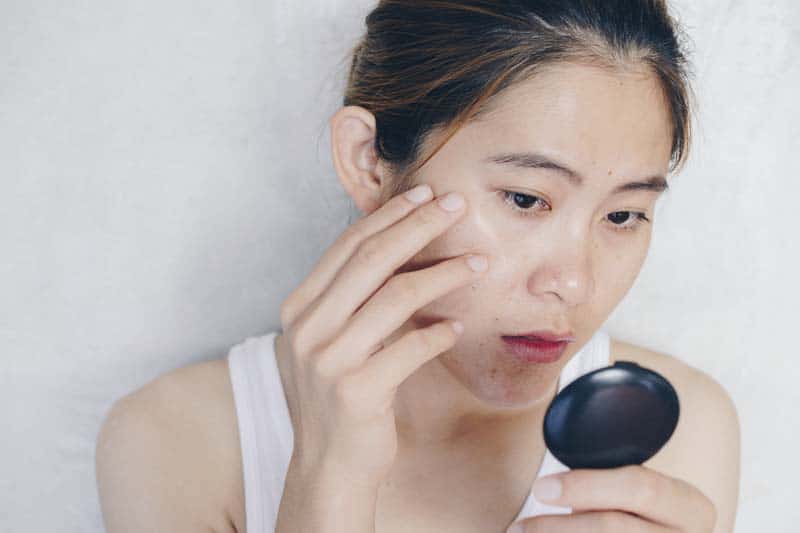Acne: Causes, Types, and Treatment
As if being a teenager wasn’t hard enough, struggling with unrelenting pimples and breakouts can really take a toll on your child’s self-esteem. People of all ages can get acne, but it is most common in teenagers. According to the American Academy of Dermatology, nearly 85% of people between the ages of 12 and 24 experience acne.
Acne is a skin condition involving the pilosebaceous unit (which consists of the hair follicle, hair shaft and sebaceous gland). These pores get ‘clogged' and the normal skin flora (bacteria) feed on trapped sebum, which can cause the body to mount an inflammatory response leading to localized swelling, redness and tenderness. This is what contributes to discomfort such as itching and/or pain. Areas affected tend to be the face, back, shoulders and chest.
Acne typically arises in puberty, because it is hormonally driven, but can develop later in life as well. Acne-like skin eruptions can also develop secondary to certain medications, from working with oils (mechanics), and even from occlusion (blockage which can result from things like wearing face masks, headbands or helmets). Diet is sometimes reported to affect the course of acne as well, depending on the patient. Acne can be very distressing, but squeezing and picking should be avoided to prevent further scarring.
Acne may be mild and non-tender, with only white and black heads (pimples), or it can be cystic and painful in nature. The level of treatment varies based on presentation and can also vary from patient to patient depending on what is or is not tolerated. Treatments vary from mild, over-the-counter products and topical prescription medications to systemic medications.
How long acne will persist is difficult to predict. Many patients will outgrow their acne. However, if not managed appropriately, the result may be a life with resultant acne scars. It is best to see a board-certified dermatologist at the onset of acne to obtain the best course of care possible in this regard.

Thomas A. Graham, MD, PhD, FAAD, is a board-certified dermatologist with over a decade of experience. His focus is the diagnosis and treatment of inflammatory skin conditions, including but not limited to acne, rosacea, eczema and psoriasis, as well as providing skin examinations with emphasis on investigating the ‘irregular mole’ and any lesions concerning for skin cancer. Dr. Graham strives to utilize his expertise and addresses each patient individually. His desire is for patients to feel heard, as he feels their stories are vital to best treat their skin concerns. Patients of all ages may see Dr. Graham by self-referral or referral from other providers. He has two convenient clinic locations in both Tampa and Brandon.
To schedule an appointment online visit our or call 813-684-5255.
*Presented by Advent Health | Originally published in March 2023 issue of Tampa Bay Parenting Magazine.


